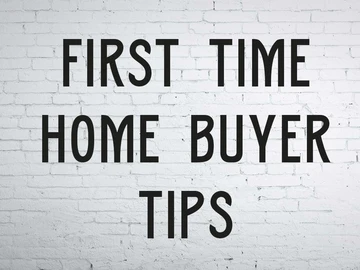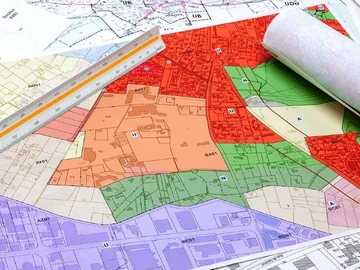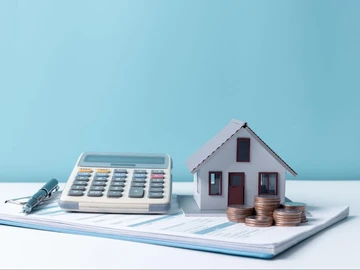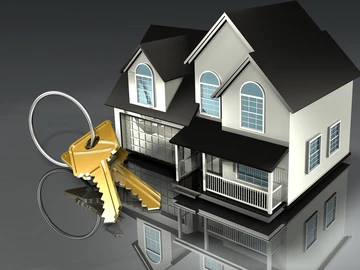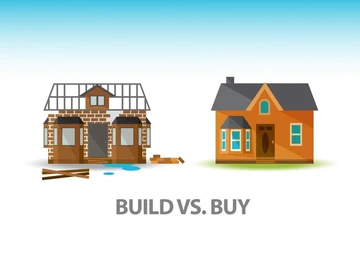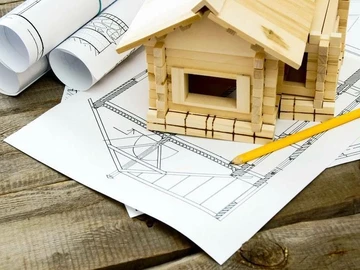Buying land, a house, or an apartment is one of the biggest financial decisions Zimbabweans especially those in the diaspora make. Yet, many fall prey to fraudulent agents and shady developers, particularly when transacting remotely via Facebook, WhatsApp or unregulated websites.
In 2024/25, the Estate Agents Council of Zimbabwe (EACZ) reported a rise in complaints against unregistered agents, fake developers, and incomplete projects especially in Harare, Ruwa, and Chitungwiza.
Here’s your 2025 step-by-step guide to safely vetting any real estate agent or developer before buying property in Zimbabwe.
1. Confirm EACZ Registration
Why This Matters:
- Every practicing real estate agent in Zimbabwe must be registered with the Estate Agents Council of Zimbabwe (EACZ).
- Unregistered agents are illegal and often behind scams.
How to Check:
- Visit the EACZ website or call the council to verify the agent’s name and license number.
- Alternatively, use trusted platforms like Property.co.zw, which list only verified agents.
2025 Note:
As of this year, over 60% of scams involved “agents” not listed on EACZ records.
2. Inspect Their Office or Physical Presence
Why This Matters:
- Serious agencies and developers have visible offices, signage, and staff not just an online presence.
Red Flags:
- WhatsApp-only communication.
- Refusal to disclose an office location or physical address.
Local Example:
In 2024, buyers of a "project" in Harare South lost money when the "developer" could not provide a verifiable address or office.
3. Check Track Record & Past Projects
Why This Matters:
- Genuine developers showcase past successful projects—clusters, apartments, or land stands.
What to Ask For:
- A portfolio of completed projects.
- Reference sites you can visit in person.
2025 Developer Trends:
- Top developers in Borrowdale, Westgate, and Pomona now provide online project galleries and physical show houses.
Red Flag:
A “new developer” with no past record offering huge discounts or “launch prices.”
4. Verify Title Deed or Land Ownership Papers
Why This Matters:
Before buying, the developer must prove they legally own the land.
How to Check:
- Request a copy of the Title Deed or Council-issued Offer Letter.
- Conduct a Deeds Registry search (can be done via your conveyancer).
2025 Scam Warning:
Harare North saw an increase in “land bank” scams—developers pre-selling land they did not own.
5. Request Client References
Why This Matters:
- Honest agents and developers can provide past client contacts who will share real experiences.
Pro Tip:
- Call at least 2–3 past buyers. Ask if they faced hidden fees, delays, or land disputes.
2025 Real Example:
- A Ruwa cluster housing buyer avoided fraud after a past client warned about project delays.
6. Confirm Their Sales Agreement Terms
Why This Matters:
The Agreement of Sale must outline the full price, payment terms, penalties, and obligations of both parties.
Common Scams:
- Hidden costs in fine print.
- Vague or verbal agreements not documented.
2025 Update:
- Top developers (e.g., in Mount Pleasant Heights, Madokero Estates) now offer transparent contract templates for buyers to review.
7. Use a Registered Conveyancer or Lawyer
Why This Matters:
A conveyancer protects your rights during the transaction—checking if the property is clear of debt, disputes, or legal issues.
2025 Tip:
- Choose a conveyancer listed on the Law Society of Zimbabwe (LSZ) roll.
- Avoid “recommendations” from the seller or agent alone.
Bonus: Signs of a Potential Scam Agent or Developer
No valid EACZ or company registration.
Office address cannot be verified.
Requesting urgent deposits via EcoCash or Mukuru.
Prices far below the local market average (e.g., $5/sqm in urban Harare).
Unwilling to sign a formal sales agreement or allow lawyer involvement.
2025 Statistics Zimbabwe Property Buyers Must Know:
- EACZ suspended 12 illegal operators in Harare alone in 2024.
- Ruwa, Chitungwiza, and Seke topped the list for developer fraud complaints.
- Diaspora buyers accounted for 40% of scam reports via Facebook & WhatsApp platforms.
Conclusion: Protect Your Investment Vet Before You Buy
Whether you're purchasing land, stands, or homes in Zimbabwe as a local or in the diaspora, vetting your agent or developer is essential. Following these steps ensures you don’t fall victim to scams, project delays, or legal headaches.
For trusted listings and certified agents, visit Property.co.zw Zimbabwe’s No.1 Property Marketplace.
 Continue with Facebook
Continue with Facebook
 Continue with Email
Continue with Email





